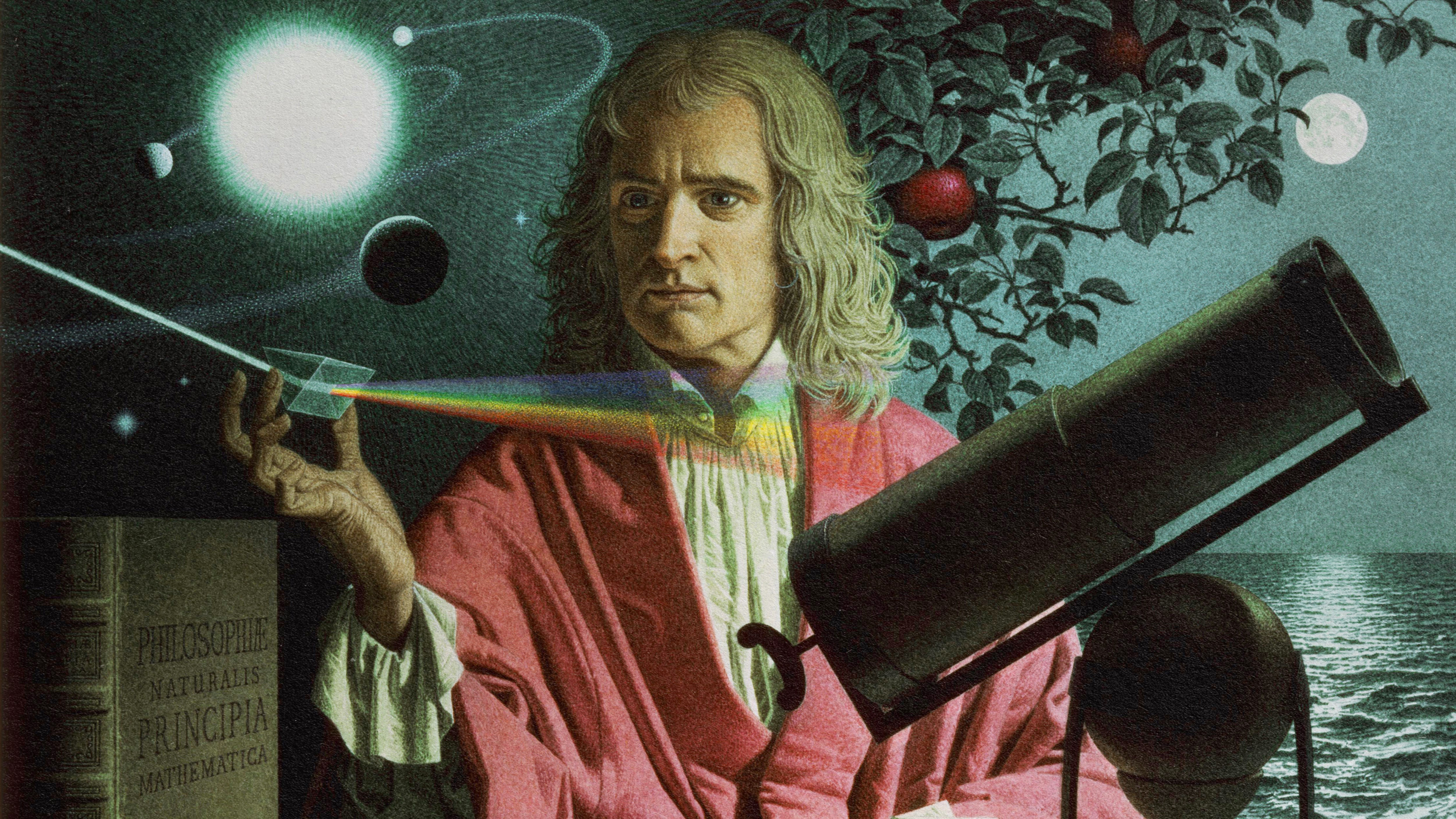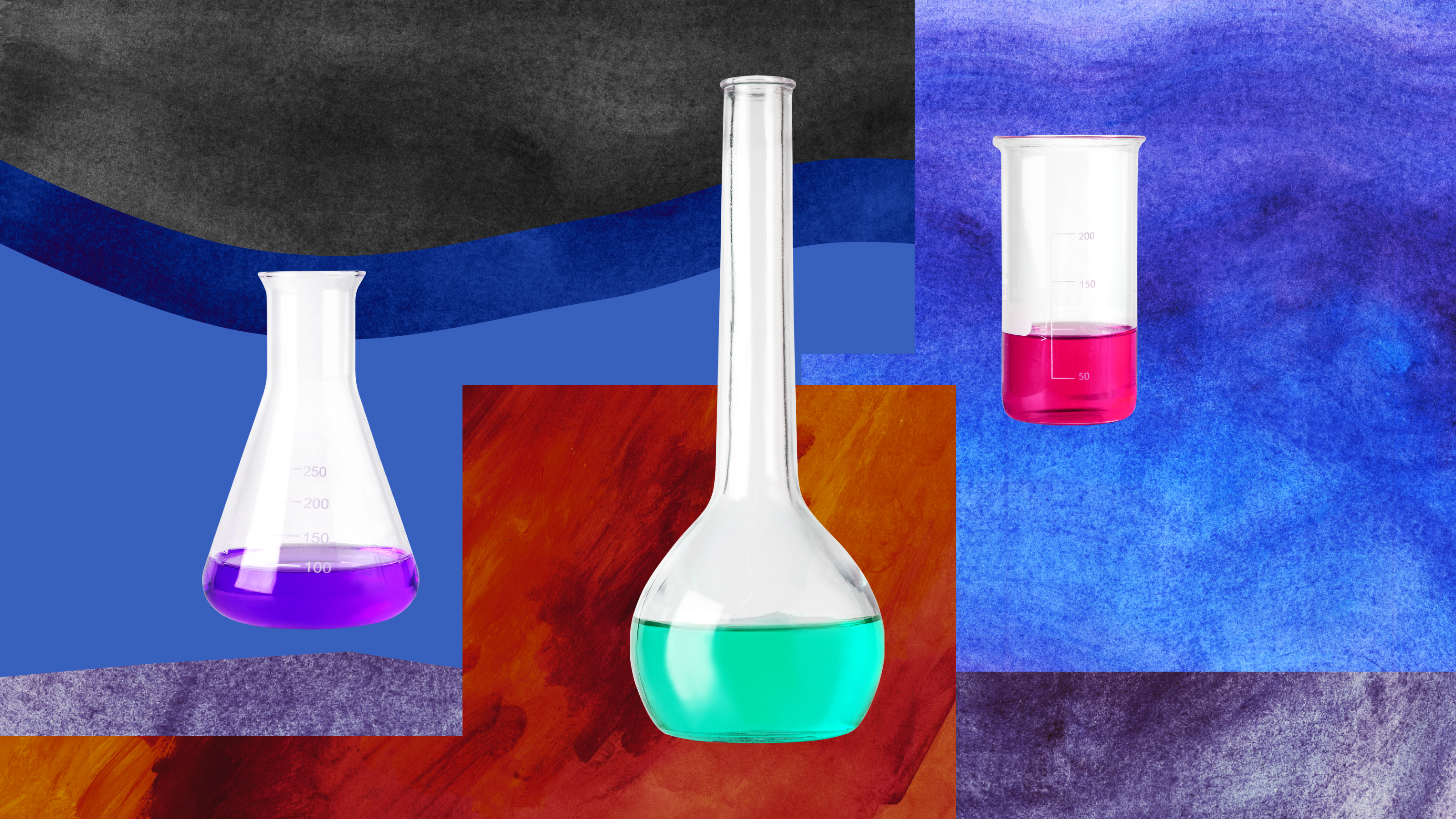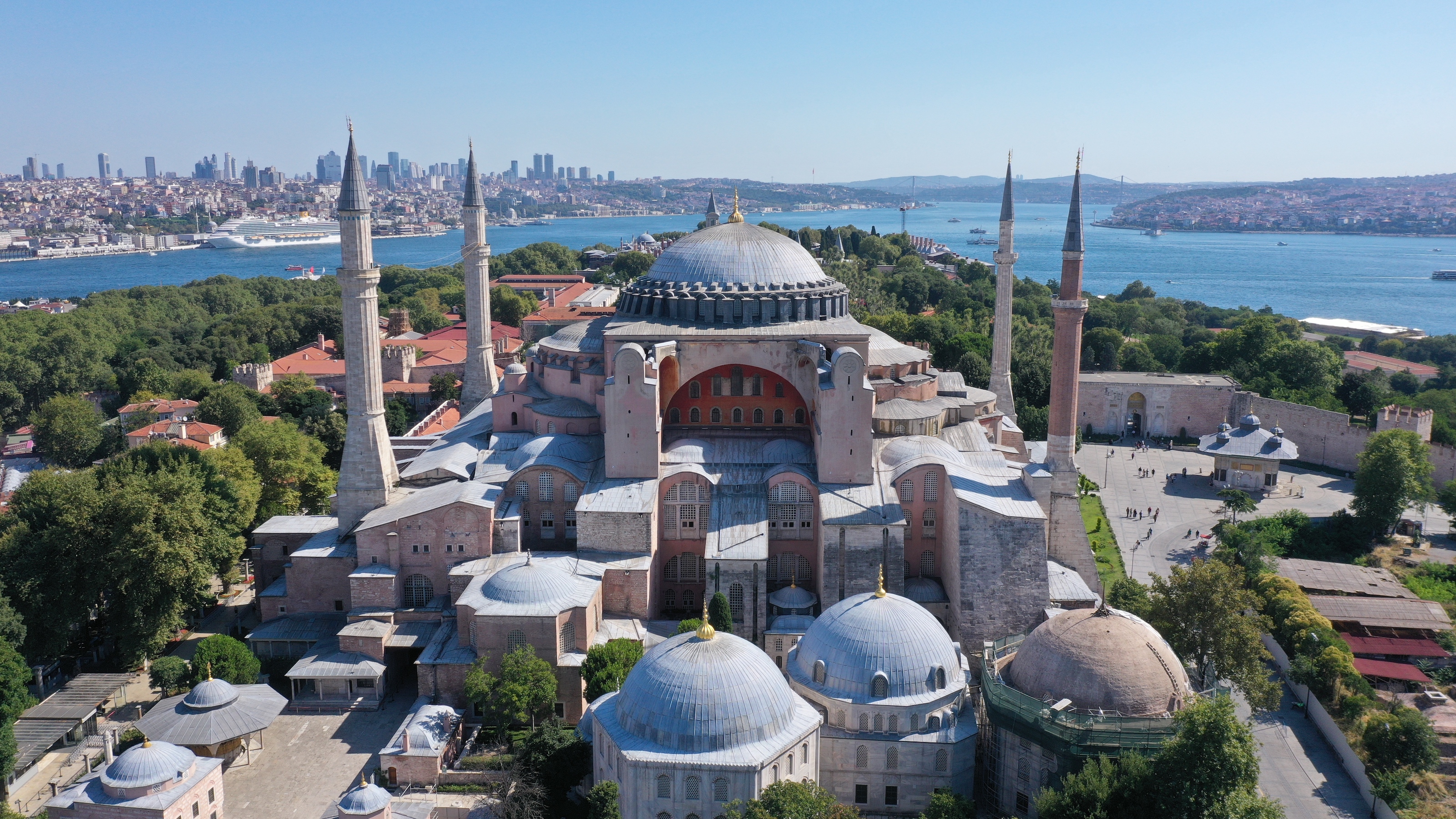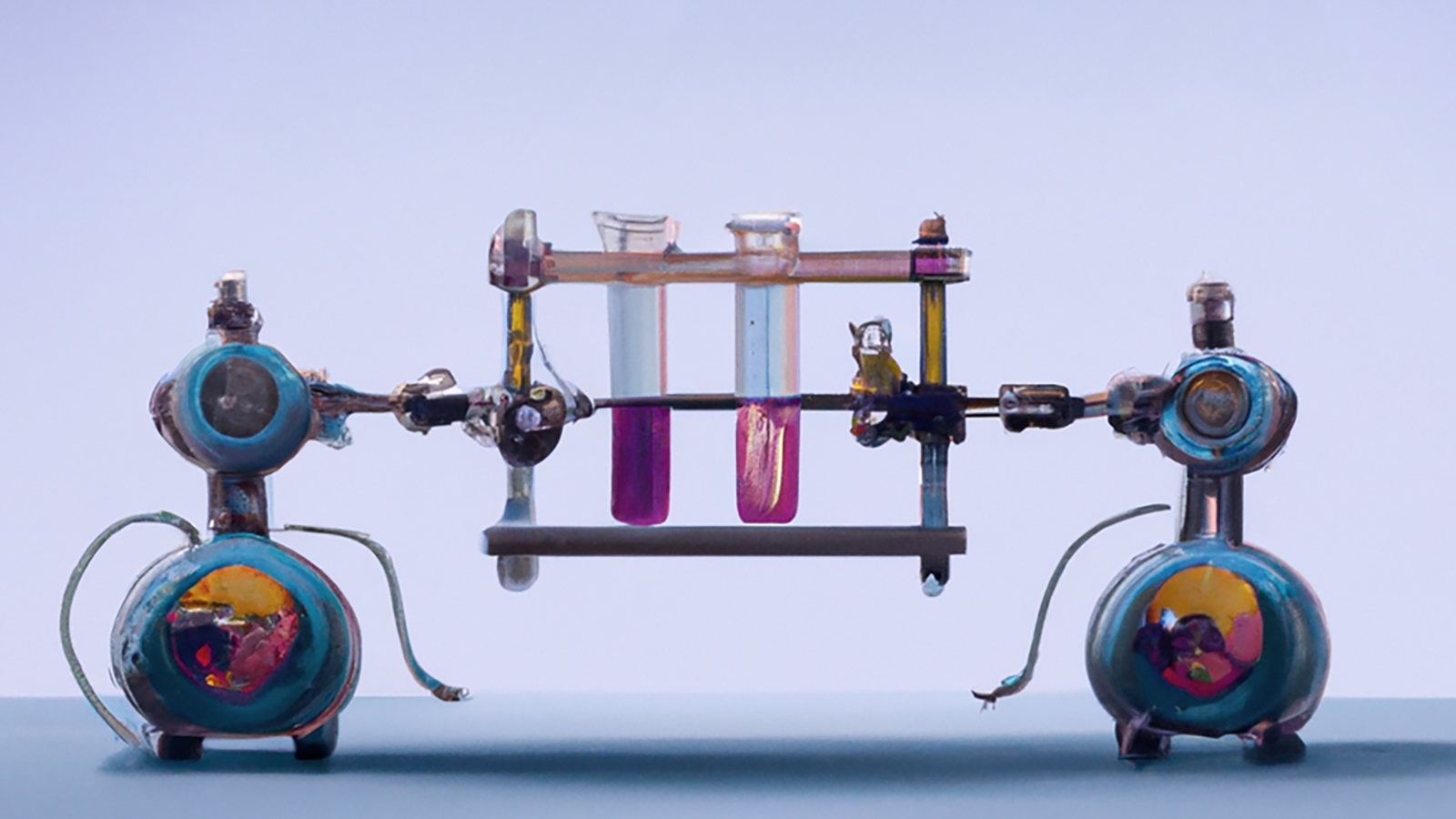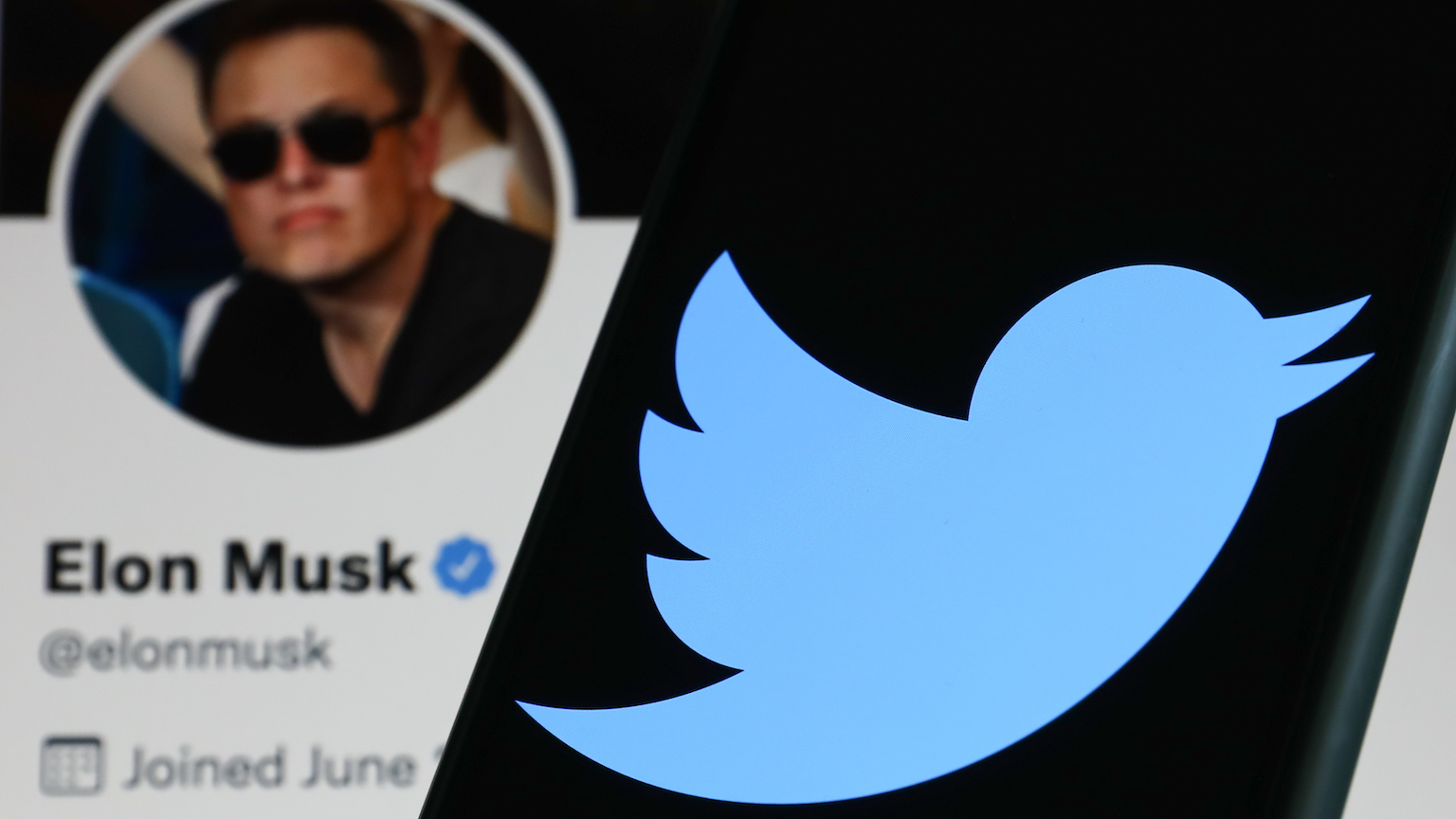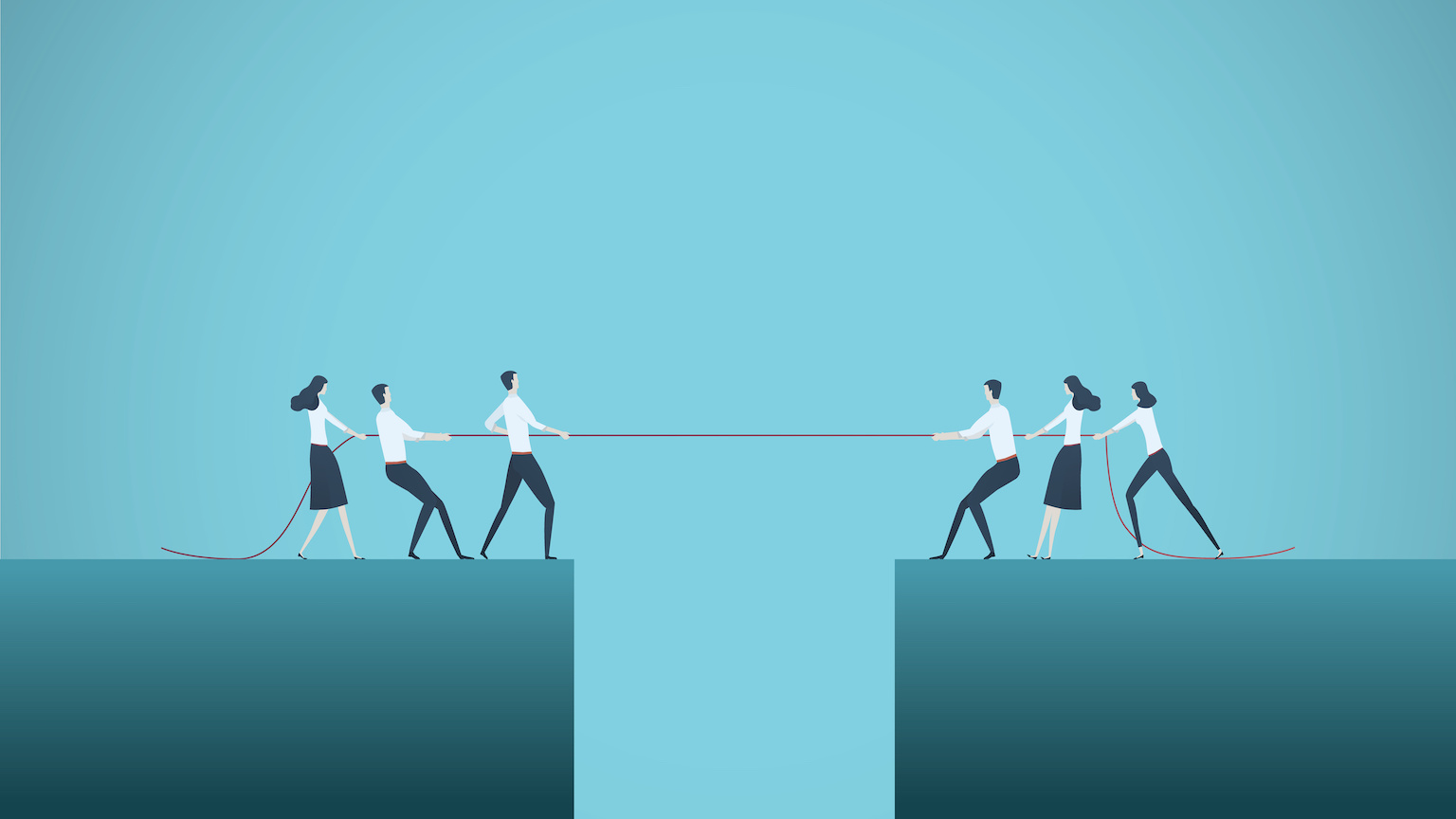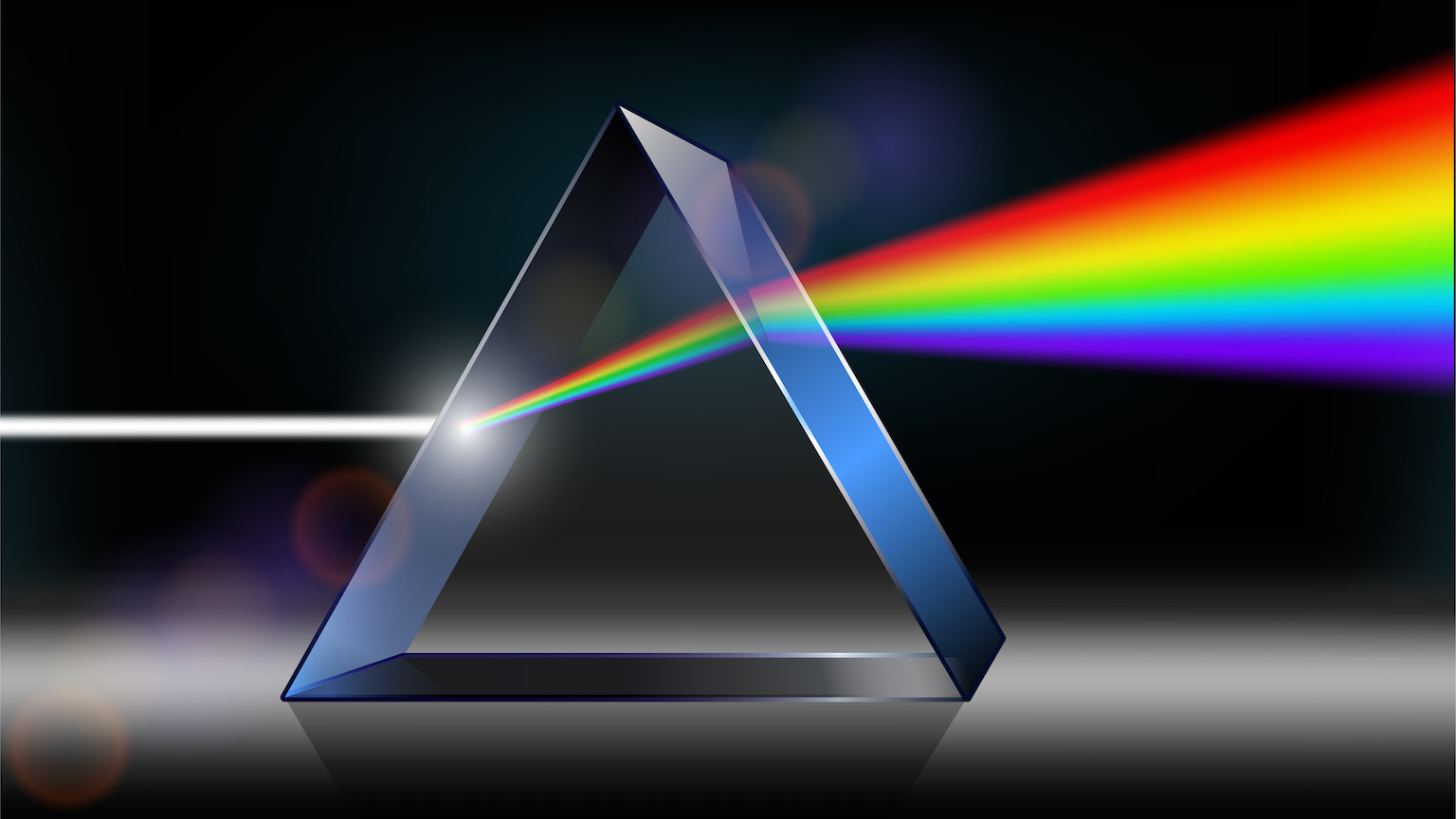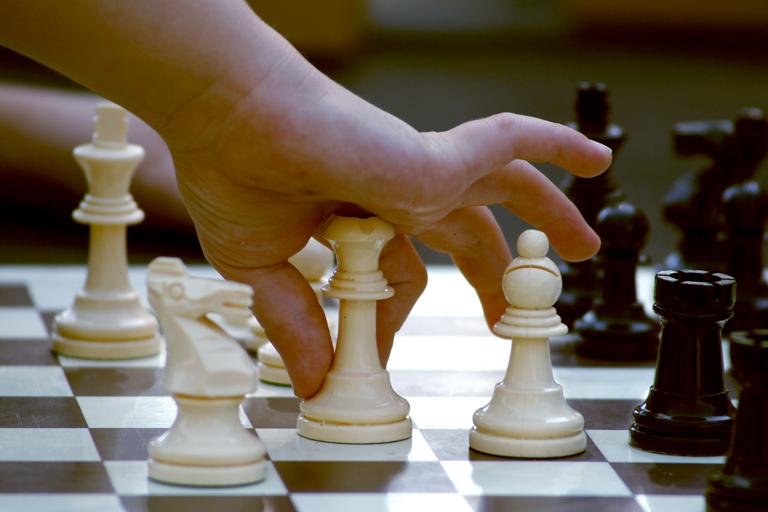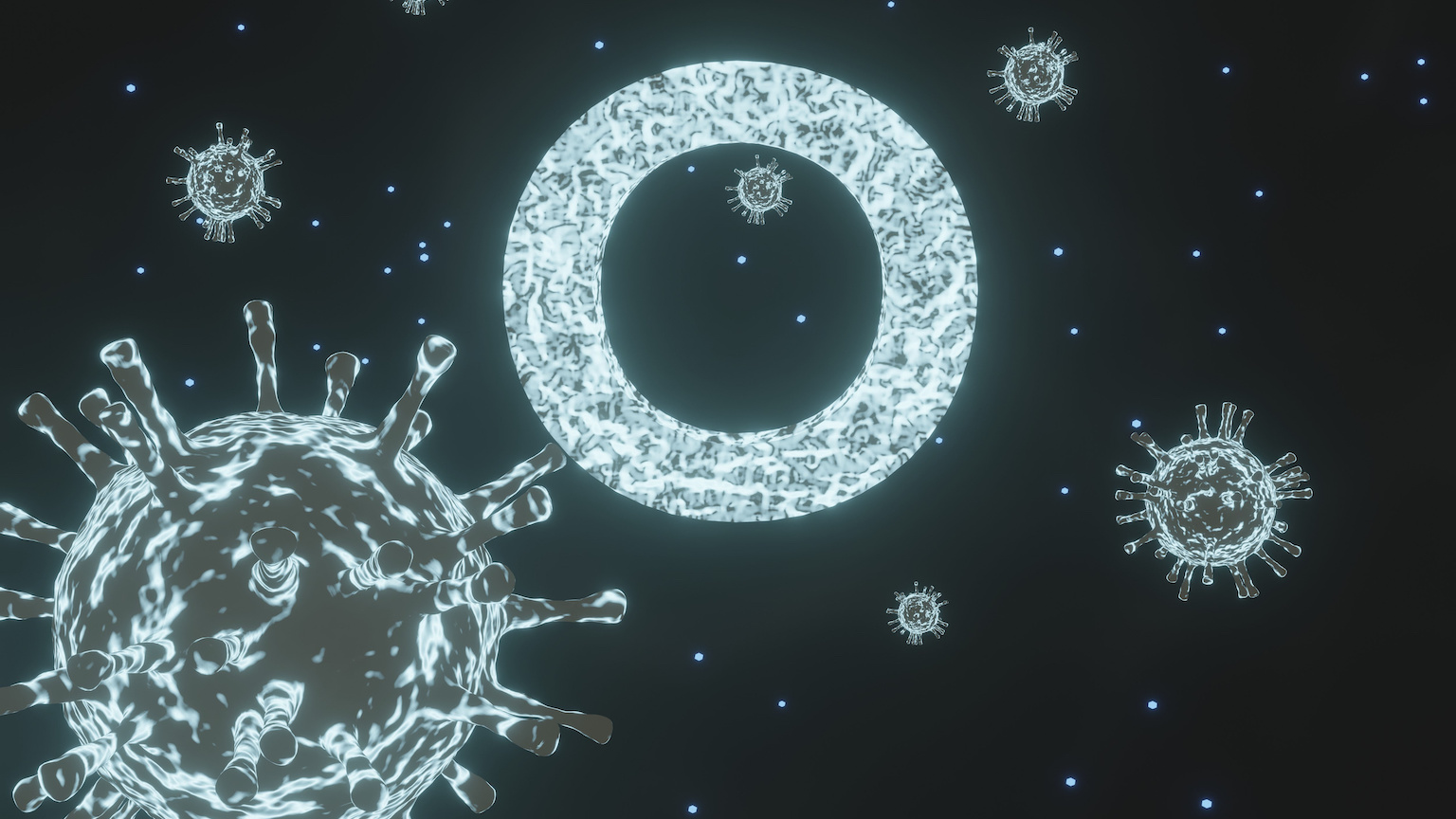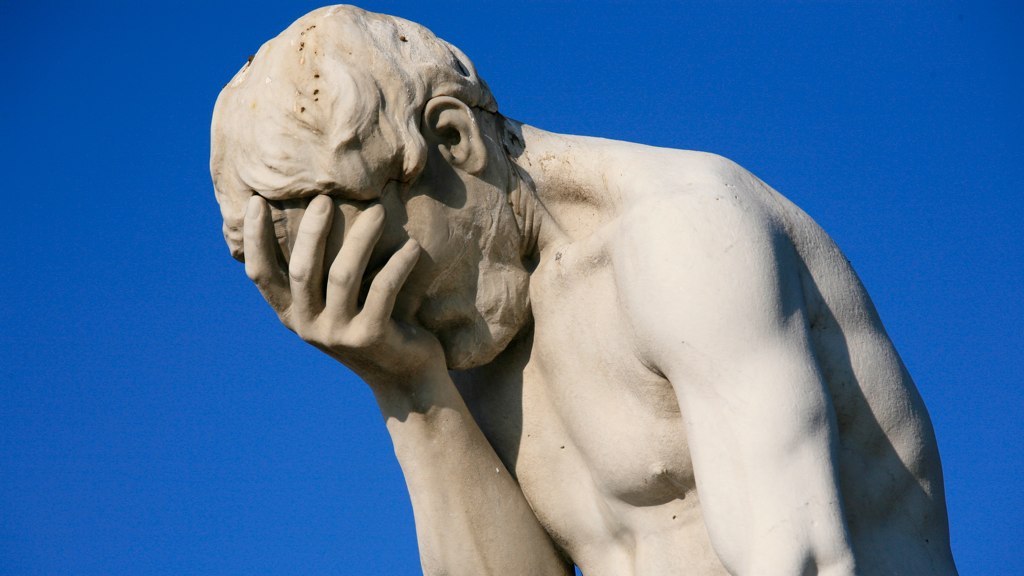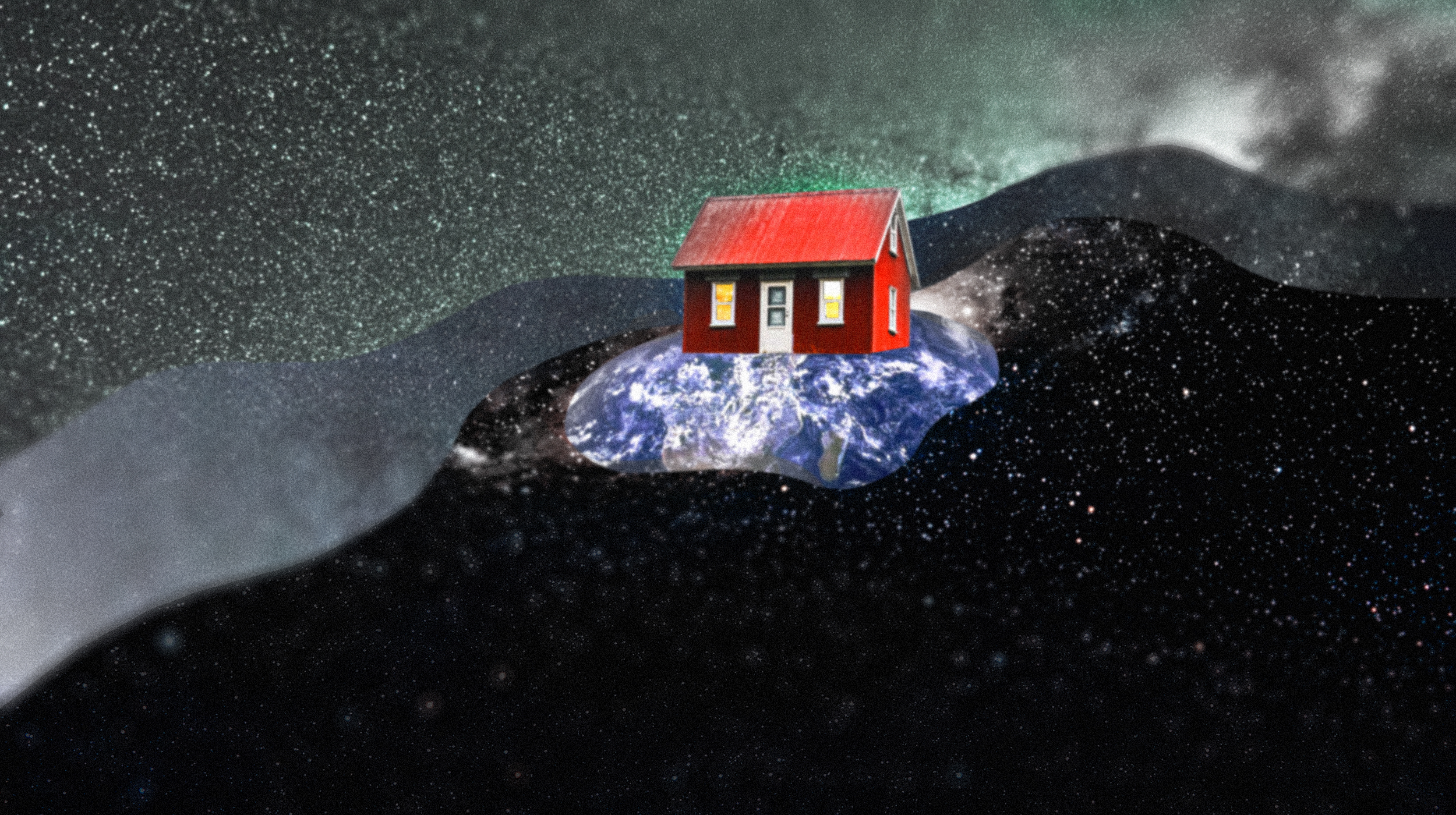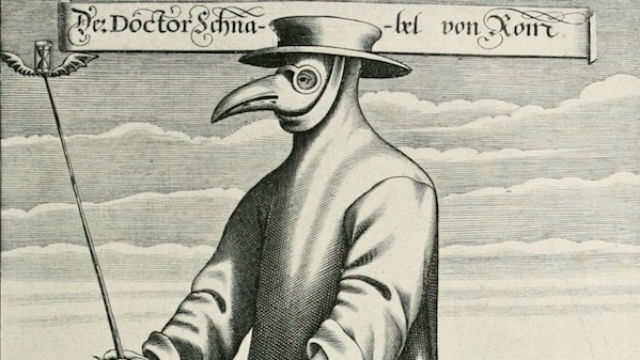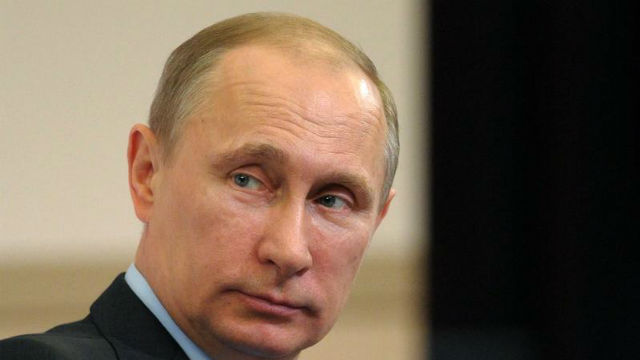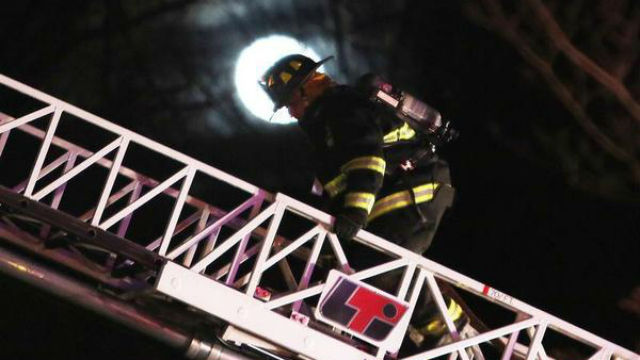Alex Berezow
Executive Editor, Big Think | Executive Editor, Freethink
Dr. Alex Berezow is the Executive Editor of Big Think and the Executive Editor of Freethink. He holds a Ph.D. in microbiology and is a veteran science writer, author, and public speaker. He also is a member of the USA Today Board of Contributors, and his articles have appeared in BBC News, CNN, Wall Street Journal, Forbes.com, Wired, The Economist, The Atlantic, Foreign Policy, and many other publications. His most recent books are The Next Plague and How Science Will Stop It (2018) and Little Black Book of Junk Science (2017).
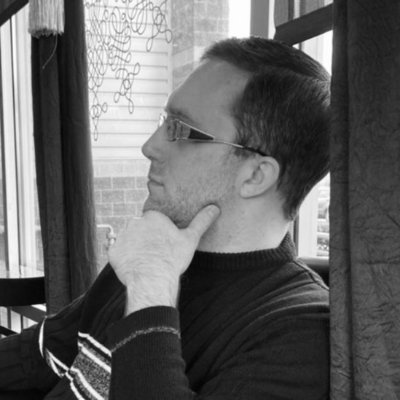
The smartest person in the world was Isaac Newton, a true polymath whose brilliance never has been, nor ever will be, surpassed.
Football is a risky sport, but bicycling to work is far more dangerous.
Not everything that claims to be “scientific” actually is. There are five features of scientifically rigorous studies.
Instead of giving the 239 suffering families and the public a true story, Netflix exploited a horrifying tragedy to push conspiracy theories.
Most popular songs are about love and heartache. But some great songs — albeit underrated and perhaps a bit weird — are about the cities we love.
ChatGPT’s capabilities are astonishing.
The Russian mindset is characterized by cynicism and distrust.
Regardless of political ideology, one of the few things that many people seem to have in common is a moral hypocrisy that arises from a fundamental lack of self-reflection.
Elon Musk’s successful bid to take over Twitter has fragmented the internet along predictably partisan lines. But only time will tell whether this is a good or bad thing.
The very concept of a “problem with no solution” goes against human nature. But we must accept this harsh reality to have peace in our lives.
Russia has long sought to erase the mere idea of Ukraine. But people like my grandmother, born in Druzhkivka, will not let Russia win.
The ten greatest ideas in science form the bedrock of modern biology, chemistry, and physics. Everyone should be familiar with them.
More than a decade ago, Armenia made chess a required subject in school because it teaches kids how to think and cope with failure. The U.S. should follow suit.
∆G = ∆H – T∆S is one of the most abstract formulas in science, but it is also one of the most important. Without it, life cannot exist.
Life largely owes its existence to this equation. Be sure to hug your house plant today.
There is no rule that will force Omicron or another COVID variant to become less deadly over time, but there is reason for hope.
The credibility problem facing the biomedical and public health establishment is, at least in part, a product of its own making.
Mozart’s Sonata for Two Pianos in D Major (K448) can help reduce seizures in epilepsy patients.
Smallpox, Ebola, HIV, influenza, the plague, malaria, and a whole host of terrible bacteria, viruses, fungi, and parasites were cooked up by Mother Nature, all on her own. Apparently, Mother Nature hasn’t banned gain-of-function research.
Hindsight is 20/20, particularly when you have had 20 years to think about what happened.
It does not matter if intelligent life exists elsewhere. We will never find each other.
As the American population grows, fewer people will die of cancer.
Scientists believe they have the answer, but philosophers prove them wrong.
The new treatment targets the underlying genetic cause of the disease.
The Black Death, caused by the bacterium Yersinia pestis, wiped out 30 to 50 percent of Europe’s population between 1347 and 1351. But, this is just the most infamous of the little microbe’s shenanigans. Y. pestis, which is one-millionth our size, has caused three major pandemics and continues killing people to this very day. The plague gets such a bad rap because it represents some of the greatest tragedies to ever befall the human race.
My grandfather used to keep all sorts of things in the trunk of his car: Fishing gear, duct tape, aluminum foil, a large chain, a defused WWII hand grenade. When we asked why he squirreled away such a random assortment of items, he would shrug and say, “Just in case.”
That, in a nutshell, is why we should never destroy the smallpox virus. Just in case we need it someday.
Most Americans don’t think twice about workplace safety. Perhaps they should. In newly updated numbers for 2012, the Bureau of Labor Statistics reports that 4,628 Americans met their demise while on the job.
Editor’s Note: This article was provided by our partner, RealClearScience. The original is here. It has been long thought that one of the characteristics that makes humans unique is our […]
Editor’s Note: This article was provided by our partner, RealClearScience. The original is here. The entire idea of democracy rests upon the notion that large groups of people will, more […]
Editor’s Note: This article was provided by our partner, RealClearScience. The original is here. Ebola is one of the scariest viruses on Earth. Along with Marburg and a few other […]
